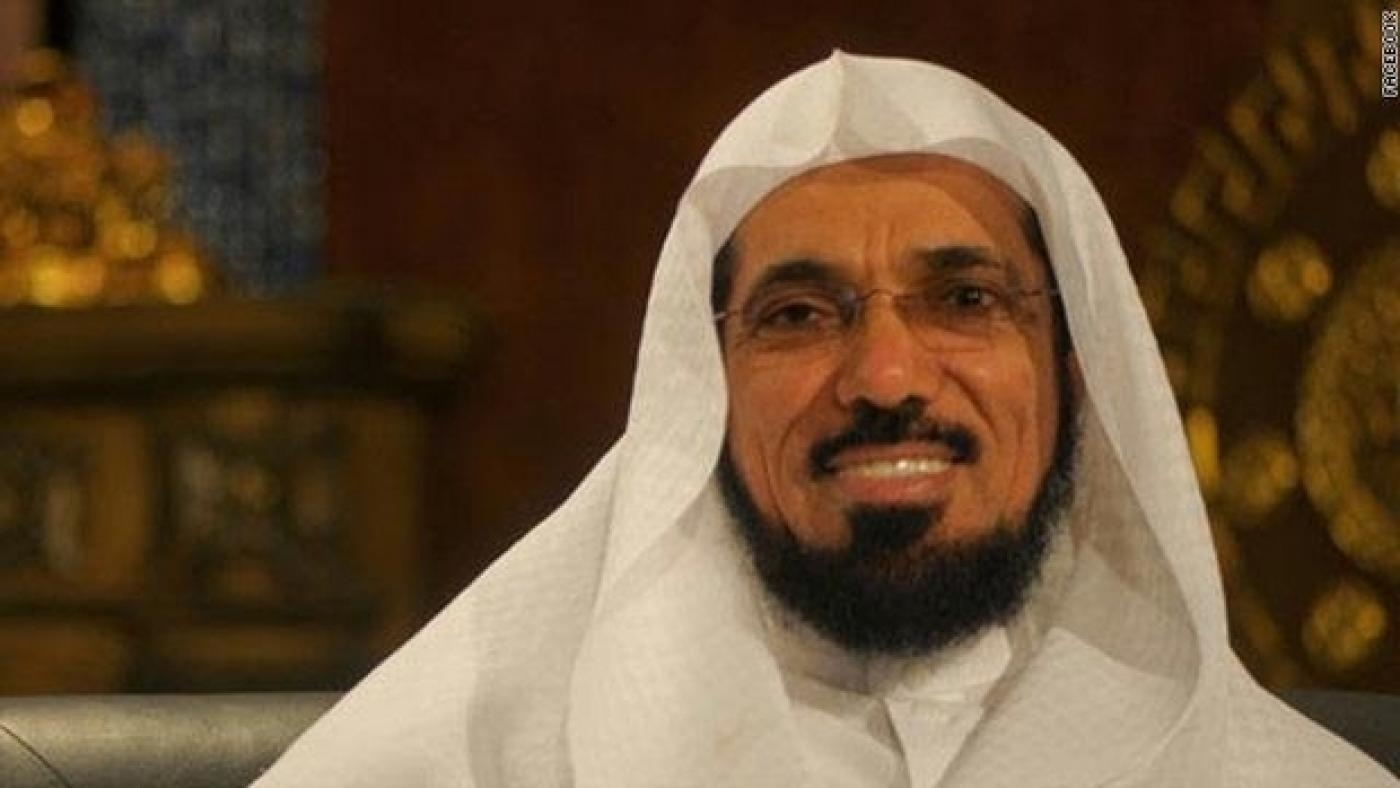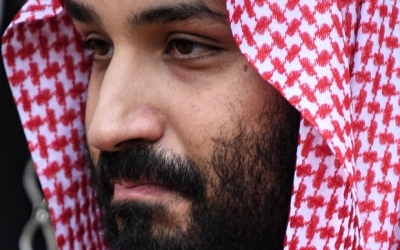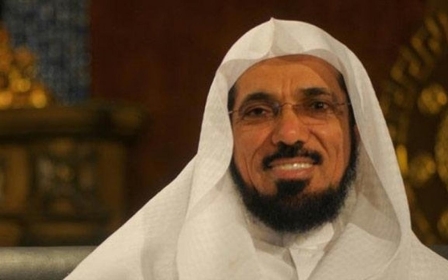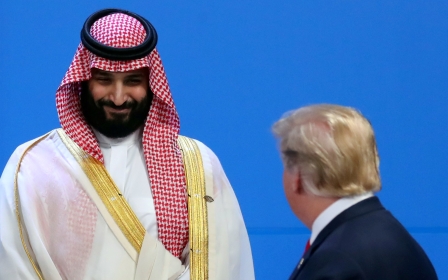Saudi court to open new series of hearings against Salman al-Odah, son says

A secret Saudi court that was expected to announce a verdict in a death penalty case against Saudi scholar Salman al-Odah on Thursday, has instead decided that it will open a new series of hearings next week, Odah's son said on Twitter.
Odah, 61, is an internationally renowned Sunni Muslim scholar and cleric known for his progressive views.
He was arrested in September 2017 shortly after tweeting a prayer for reconciliation between Saudi Arabia and its former regional ally, Qatar, three months after Riyadh launched a blockade against the emirate.
"After the court was planning on a verdict in my father’s secret trial, they surprised us today opening a new series of hearings in total procedural contradictions and chaos," the scholar’s son Abdullah al-Odah said in a tweet.
New MEE newsletter: Jerusalem Dispatch
Sign up to get the latest insights and analysis on Israel-Palestine, alongside Turkey Unpacked and other MEE newsletters
The new hearings will begin on Tuesday, Abdullah said, adding that his father remains in solitary confinement.
Abdullah has been a vocal supporter of his father, working to garner international support to prevent his execution, which Abdullah has said would amount to "state-sanctioned murder".
Following the news on Thursday, Amnesty International reiterated its call for Saudi Arabia's King Salman to release Odah "immediately and unconditionally".
"Peaceful expression should not be met with solitary confinement and death sentence," Amnesty said on its Gulf twitter account.
After being held for a year without charges, in September 2018 Odah appeared at a closed hearing of the Special Criminal Court, a tribunal set up by the interior ministry to try cases of terrorism. Odah was then accused by the special prosecutor of 37 charges of terrorism.
Some of the charges accused him of exposing "injustices towards prisoners" and of "expressing cynicism and sarcasm about the government’s achievements".
Odah has also been accused of affiliation with the Qatari royal family, with the Saudi government citing his public unwillingness to support the Saudi-led boycott against the emirate.
His family has repeatedly denied the accusations.
In May, sources told MEE that the Saudi authorities were determined to execute Odah and two other moderate scholars, Awad al-Qarni and Ali al-Omari.
The news came just weeks after the Saudi government executed 37 men - mostly activists from the country's Shia minority - on terrorism charges.
At the time, there were rumours that the mass execution was being used as a trial balloon to see how strong the international condemnation would be.
In the first 10 months of 2019, the Saudi government beheaded 164 people, surpassing the previous record set in 2015, according to an October tally by the European Saudi Organisation for Human Rights.
Middle East Eye delivers independent and unrivalled coverage and analysis of the Middle East, North Africa and beyond. To learn more about republishing this content and the associated fees, please fill out this form. More about MEE can be found here.





